Renting Roulette: How Turnover Units Are Changing the Game
In the fast-paced world of real estate, where the housing market is akin to a game of chance, a distinct trend has emerged—Turnover Units. These units, subject to the whims of market demand, are becoming pivotal players in rental roulette, altering the dynamics of affordability and shaking up the traditional rental game. As the latest data from the Canadian rental market in 2023 reveals, turnover units are not merely changing hands; they are changing the entire game.
In the realm of renting roulette, turnover units stand out as the wildcard. These are not just apartments changing occupants; they represent a critical shift in the delicate balance of supply and demand. According to the report, the average rents in turnover units exceeded those in non-turnover units by a staggering 13%. It's not just a change of tenant; it's a change that directly impacts the financial landscape for both landlords and renters. As tenants and landlords grapple with the uncertainties of this roulette, the financial stakes are undeniably high.
For tenants navigating the turnover tumult, strategic moves become essential. The report notes that the difference in turnover rents varies across regions, with cities like Calgary, Edmonton, and Montréal reporting lower gaps compared to the substantial differences observed in Vancouver, Toronto, and Ottawa. This regional nuance suggests that tenants are employing diverse strategies to secure these coveted turnover units. Whether it's swift decision-making, negotiation prowess, or simply being at the right place at the right time, tenants are playing an active role in this rental roulette.
Landlords, on the other hand, find themselves in a position of advantage but also face challenges in the turnover tango. Market demand becomes the conductor of rent prices, with turnover units subject to significant increases. Renovations and repairs also play a part, exerting additional pricing pressure. As the report highlights, the phenomenon is not uniform across the board; Calgary and Edmonton report lower gaps in turnover rents, indicating a regional dance between supply and demand. The strategic choices made by landlords in this roulette significantly impact the financial outcomes for both parties involved.
The implications of turnover units in this rental roulette are profound, extending beyond the immediate financial transactions. Affordability, a perennial concern in real estate, takes center stage. As rent growth outpaces both inflation and wage growth, the decline in affordability becomes palpable. Lower-income renters, already facing challenges due to low supply and vacancy rates for affordable units, are particularly impacted. The report indicates that the least expensive units tend to have vacancy rates well below the average, compounding the problem of accessibility for those seeking affordable housing.
The dance of turnover units in this rental roulette is further intensified by demographic and economic factors. The report delves into the role of immigration and employment growth in fueling rental demand. Canada's largest cities, including Toronto, Montréal, and Vancouver, experience a surge in demand attributed to both international migrants and young Canadians entering the rental market. The population aged 15 to 24, a key demographic for rental demand, witnesses accelerated growth, with Alberta standing out as a hotspot, likely fueled by strong employment conditions.
As the rental landscape transforms, turnover rates become a key metric in assessing the pulse of the market. In 2023, most major centers saw a decline in turnover rates for a second consecutive year. This decline, while reflecting a reduced willingness of households to leave rental units, also contributes to the challenges faced by those entering the market or seeking a change in their living situation. The rental roulette becomes not just a game of chance but a strategic battlefield where mobility within the rental market is influenced by factors ranging from market conditions to rent control regulations.
The phenomenon of turnover units is not merely a shuffle in the deck of rental dynamics; it's a game-changer. The rental roulette, driven by the interplay of supply, demand, and strategic maneuvers, is reshaping affordability, challenging traditional norms, and influencing the choices made by both tenants and landlords. As the real estate game evolves, those engaged in rental roulette must navigate this dynamic landscape with a keen understanding of the changing rules, where turnover units hold the cards that can either elevate or disrupt the entire rental experience.
Thinking about selling your home?
Get in touch. We'll guide you through every step of the process to ensure a smooth transaction that meets your goals.




